Introduction
As a proud owner of these charming companions, it’s essential to be vigilant about their health, especially when it comes to potential food allergies.
This comprehensive guide will explore common food allergy signs in English Bulldogs, discuss the importance of identifying allergens, and provide practical tips for managing their dietary needs.
15 Tips For Identifying English Bulldog Food Allergy Symptoms
- Monitor your Bulldog for digestive issues such as vomiting, diarrhea, or gas, which may indicate a sensitivity to certain food ingredients.
- Be observant of any changes in your Bulldog’s skin, including redness, inflammation, or rashes, as these could be indicative of allergic reactions to food.
- Keep a food diary to track your Bulldog’s meals and any associated symptoms, helping identify potential food allergens.
- Opt for high-quality, hypoallergenic dog food brands formulated for dogs with food sensitivities, avoiding common allergens like beef, chicken, dairy, wheat, soy, and corn.
Don’t Let Your Dog Die Young !
- Look for limited-ingredient diets that feature novel protein sources such as duck, venison, or salmon to minimize the risk of allergic reactions.
- Be cautious with treats and snacks, choosing hypoallergenic options or homemade treats with safe ingredients to prevent triggering food allergies.
- Gradually transition your Bulldog to a new diet to minimize digestive upset and allow time for their system to adjust to the hypoallergenic food.
- Monitor your Bulldog’s response to dietary changes closely, noting any improvements or worsening of allergy symptoms.
- Consider allergy testing for your Bulldog to identify specific allergens and tailor their diet accordingly.
- Regularly groom your Bulldog to maintain skin and coat health, using gentle shampoos suitable for sensitive skin to alleviate itching and irritation.
- Provide your Bulldog with plenty of fresh water to stay hydrated and support their overall health, especially during allergy flare-ups.
- Be patient and persistent in identifying your Bulldog’s food allergies, as it may take time and effort to pinpoint the exact triggers.
- Avoid feeding your Bulldog table scraps or human food, as certain ingredients can be harmful or trigger allergic reactions.
- Monitor your Bulldog’s weight and overall condition, as food allergies can impact their appetite and nutrient absorption.
- Consider rotating protein sources in your Bulldog’s diet to prevent the development of new food sensitivities over time.
- Stay informed and proactive in managing your Bulldog’s food allergies, seeking guidance from your veterinarian and staying attuned to your Bulldog’s unique needs and preferences.
Common English Bulldog Food Diet Options to Avoid Allergies
Common food allergens for English Bulldogs include
– Beef
– Chicken
– Dairy
– Wheat
– Soy
– Corn
Switching to a hypoallergenic diet can help alleviate your Bulldog’s discomfort.
Look for commercial dog food brands formulated specifically for dogs with food sensitivities, often featuring novel protein sources such as duck, salmon, or venison, and limited ingredient lists to minimize the risk of triggering allergic reactions.
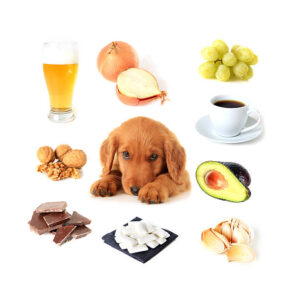
Managing English Bulldog Food Allergies
In addition to dietary modifications, managing food allergies in English Bulldogs involves proactive measures to reduce exposure to potential allergens:
- Consult with your veterinarian to confirm food allergies and develop a tailored management plan for your Bulldog.
- Keep a detailed food diary to track your Bulldog’s diet and any associated symptoms, helping identify patterns and potential triggers.
- Gradually transition to hypoallergenic dog food, avoiding sudden dietary changes that could upset your Bulldog’s stomach.
- Be cautious with treats and snacks, opting for hypoallergenic or homemade treats using safe ingredients.
- Regularly groom your Bulldog to maintain skin and coat health, using gentle shampoos suitable for sensitive skin.
Frequently Asked Questions
Q: What is English Bulldog food?
A: English Bulldog food refers to the specific type of food formulated to meet the dietary needs and preferences of English Bulldogs.
It typically includes commercially available dog food products specially designed for Bulldogs, considering their unique nutritional requirements, sensitivities, and health considerations.
Q: What Can English Bulldogs Not Eat?
A: English Bulldogs should avoid certain foods that can be harmful or trigger allergic reactions. Some foods that English Bulldogs should not eat include:
– Chocolate
– Grapes and raisins
– Onions and garlic
– Avocado
– Macadamia nuts
– Xylitol (artificial sweetener)
– Alcohol
– Foods high in fat or salt
– Dairy products (some Bulldogs may be lactose intolerant)
– Bones, particularly cooked bones which can splinter and cause injuries or obstructions
Q: Can English Bulldogs Eat Human Food?
A: Yes, English Bulldogs can eat some human food in moderation, but it’s important to be cautious and selective about what you offer them. Certain human foods can be harmful or cause digestive upset in Bulldogs. It’s best to stick to a balanced diet formulated specifically for dogs and consult with a veterinarian before introducing any new human foods into your Bulldog’s diet.
Q: English Bulldog Diet to Gain Weight
A: To help an English Bulldog gain weight, focus on providing a high-calorie diet rich in protein, healthy fats, and frequent, smaller meals throughout the day.
Conclusion
Understanding English Bulldog food allergy symptoms is essential for promoting your furry friend’s health and well-being.
By recognizing common allergy signs, identifying potential allergens, and implementing appropriate dietary adjustments, you can help your Bulldog live a happy, comfortable life free from the discomfort of food allergies.
Remember to consult your veterinarian for personalized guidance and support in managing your Bulldog’s dietary needs.
With proper care and attention, you can ensure that your English Bulldog thrives on a diet tailored to their specific requirements, allowing them to enjoy life to the fullest.
Also Read,

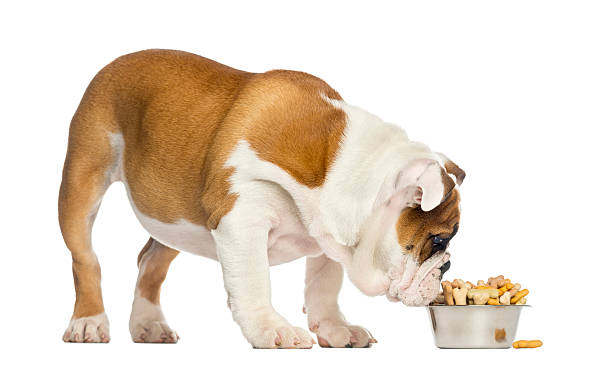


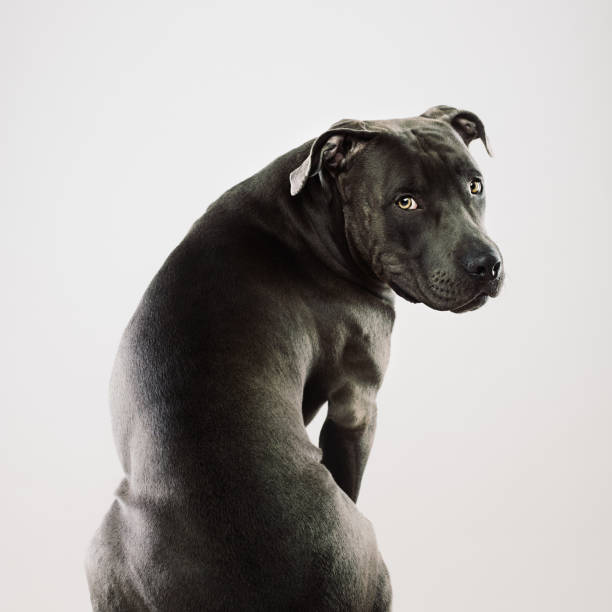
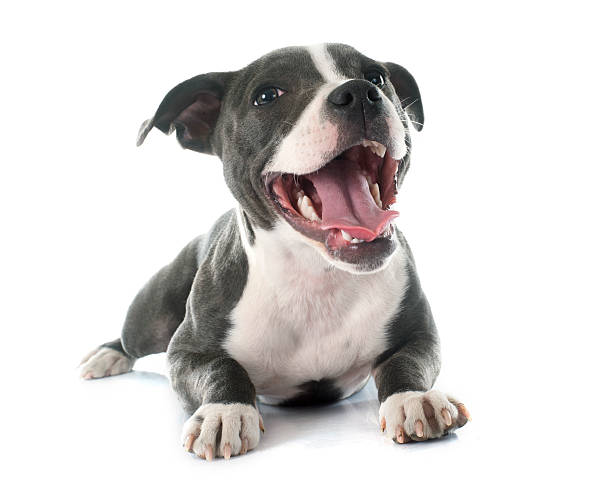
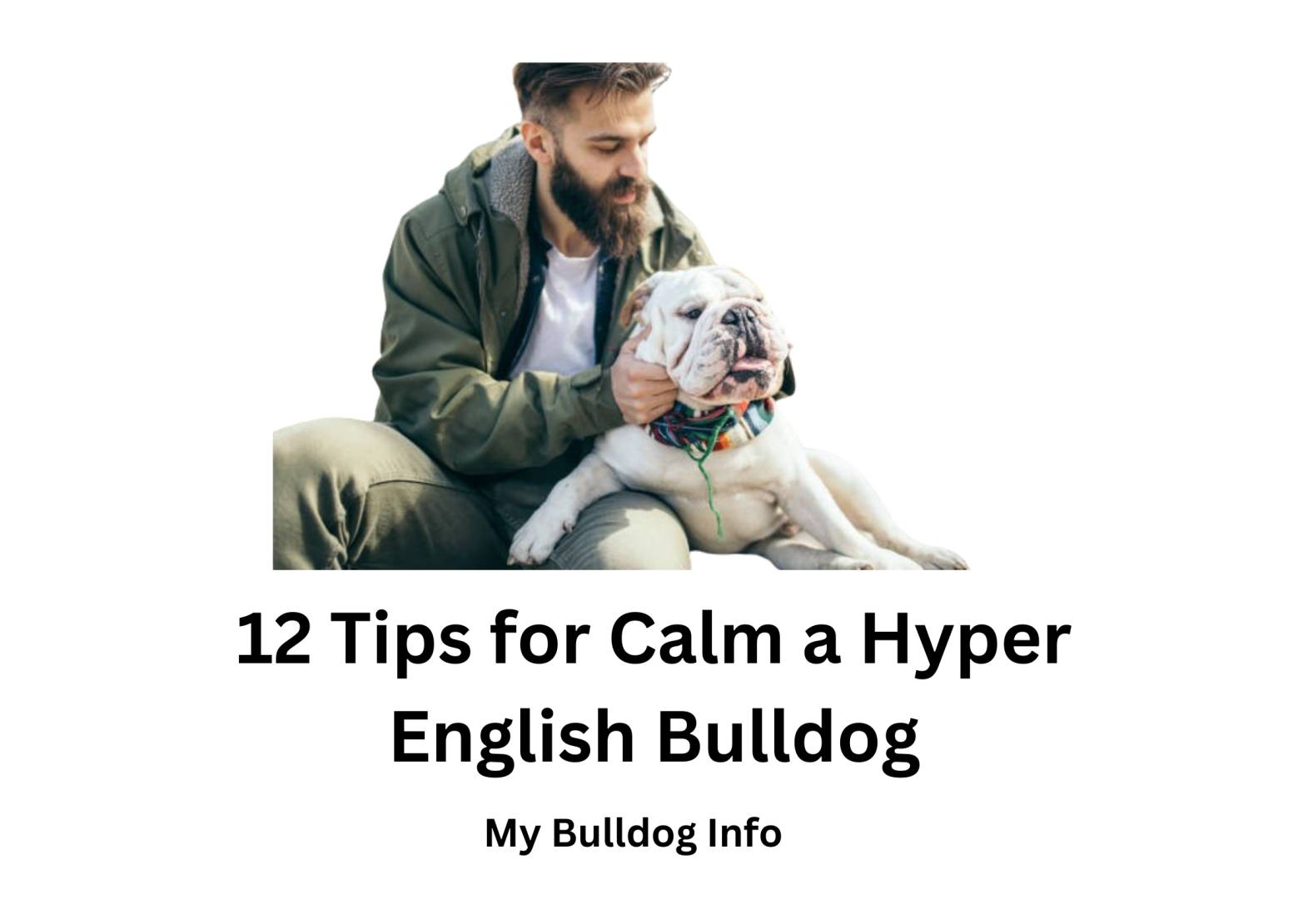
One Comment on “English Bulldog Food For Avoid Allergy”